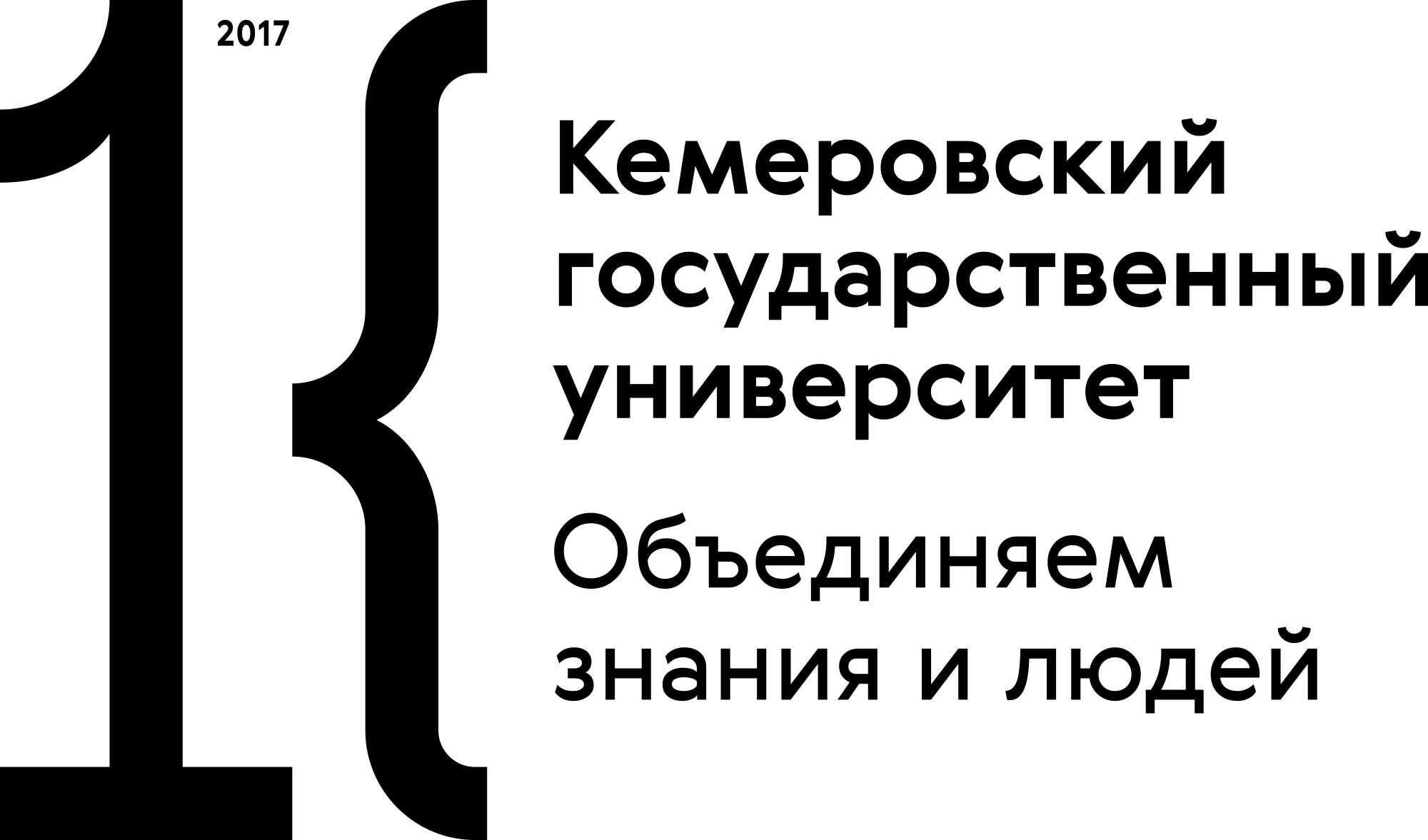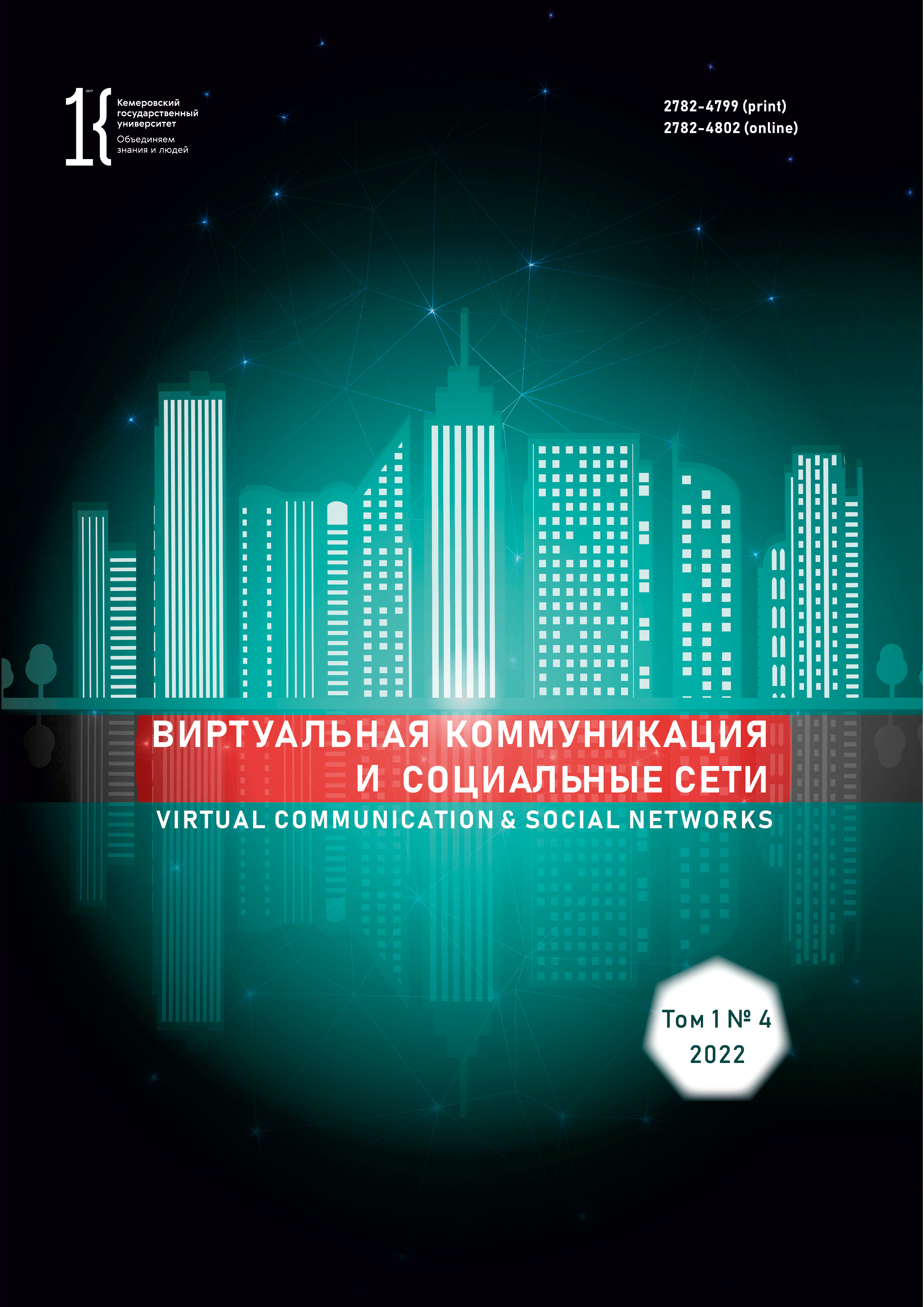Novosibirsk, Russian Federation
The article deals with the structure and content of the network frame hostile encounter in the Internet comments to a Russian video that featured the special military operation in Ukraine. The current political situation has turned many Internet resources into a platform of information-psychological warfare. Network discourse is anonymous and moderated by the resource owners. For instance, YouTube videos and comments can have a manipulative effect on Internet users, who develop certain mental frames as a result of interaction of mental and language structures. Charles Fillmore defined frames as structured knowledge that unites elements and associations related to specific cultural realities, situations, and events from human experience. The author believes that Internet comments may shape certain network variants of frames. The analysis of the network frame hostile encounter made it possible to identify the lexical units that make up its core, as well as to analyze the content of its obligatory and non-obligatory elements within the linguistics of information-psychological warfare.
Internet, Internet communication, linguistics of information-psychological warfare, network frames, naive political discourse, Internet comments
1. Gutorovich O. V. Information warfare as a reflection of the human development strategy. Trudy Voenno-kosmicheskoi akademii imeni A. F. Mozhaiskogo, 2017, (657): 155-163. (In Russ.) EDN: https://elibrary.ru/ZUMBPL
2. Devyatiyarov D. V. Representation of the network frame "Hostile encounter" in English internet comments. Political Linguistics, 2022, (3): 20-26. (In Russ.) EDN: https://elibrary.ru/CGVIDV
3. Ibragimov L. H. Technologies of Internet-manipulation in the politics’ network space. Outlines of Global Transformations: Politics, Economics, Law, 2015, 8(2): 34-40. (In Russ.) EDN: https://elibrary.ru/TUGKGN
4. Konstantinov M. S. Political cynicism in the context of the Russian-Ukrainian information war (Article 1). The Political Conceptology: Journal of Metadisciplinary Research, 2015, (2): 225-230. (In Russ.) EDN: https://elibrary.ru/UWPFAR
5. Kushneruk S. L. Discourse world of information and psychological warfare: representational structure in the corpus. Political Linguistics, 2020, (5): 12-21. (In Russ.) https://doi.org/10.26170/pl20-05-01
6. Melnik N. V. Linguopersonology of political Internet comments. Political Linguistics, 2017, (5): 47-51. (In Russ.) EDN: https://elibrary.ru/ZULUBR
7. Rolgaizer A. A. Internet comments to French political news: linguapragmatic features. Virtual Communication and Social Networks, 2022, 1(3): 136-142. (In Russ.) https://doi.org/10.21603/2782-4799-2022-1-3-136-142
8. Fillmore Ch. Frames and the semantics of understanding. New in foreign linguistics: Iss. XXIII. Cognitive aspects of language, eds. Petrov V. V., Gerasimov V. I. Moscow: Progress, 1988, 52-92. (In Russ.)
9. Tsytsarkina N. N. Information warfare and linguo-cognitive modeling of an armed conflict in political media discourse. Vestnik Kurganskogo gosudarstvennogo universiteta, 2018, (1): 26-29. (In Russ.) EDN: https://elibrary.ru/YMZTCX
10. Ens E. S. Hyperhashtag as a component of the interpretative field of the recipient in the modern media space. Virtual Communication and Social Networks, 2022, 1(1): 15-18. (In Russ.) EDN: https://elibrary.ru/HNOXVM















